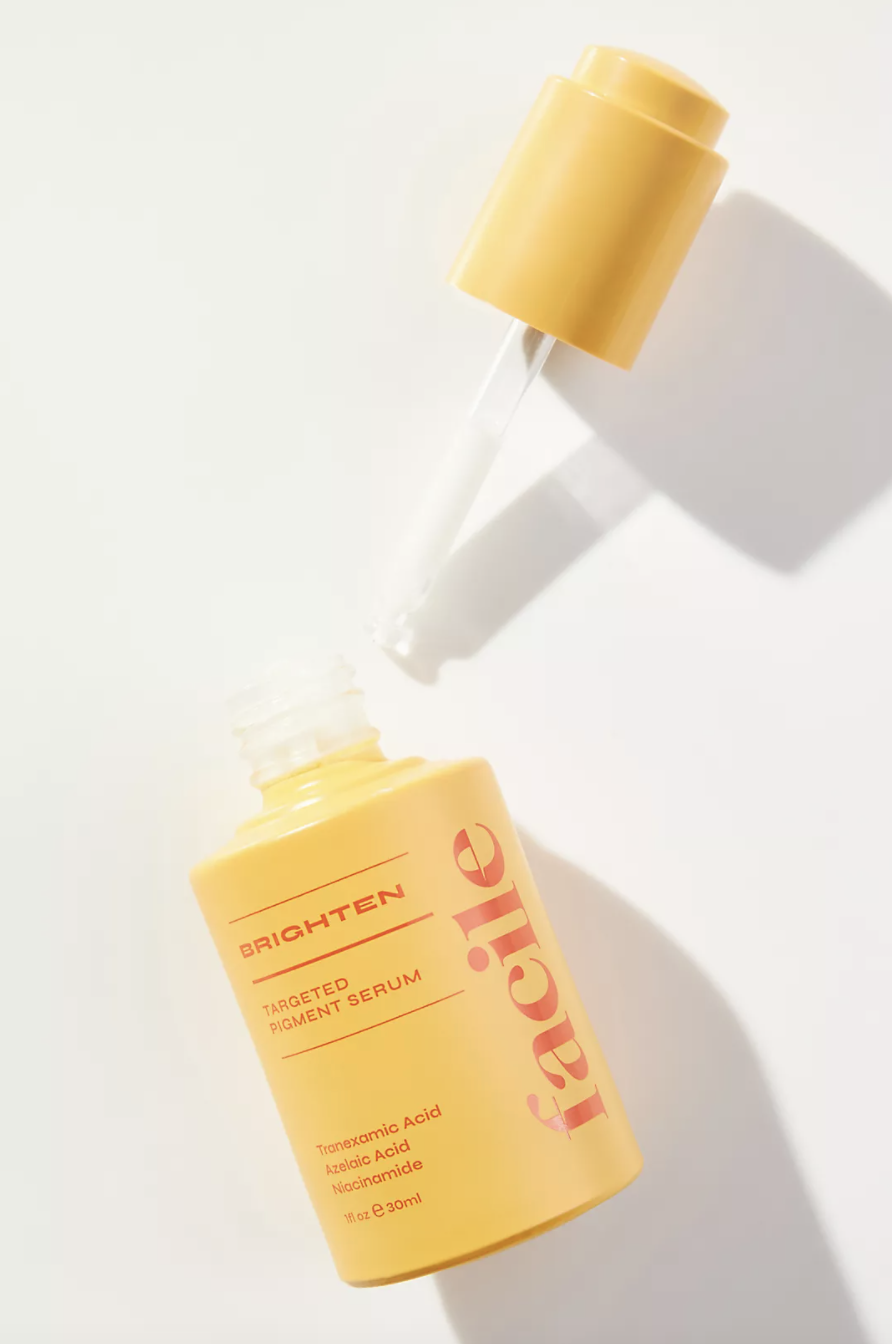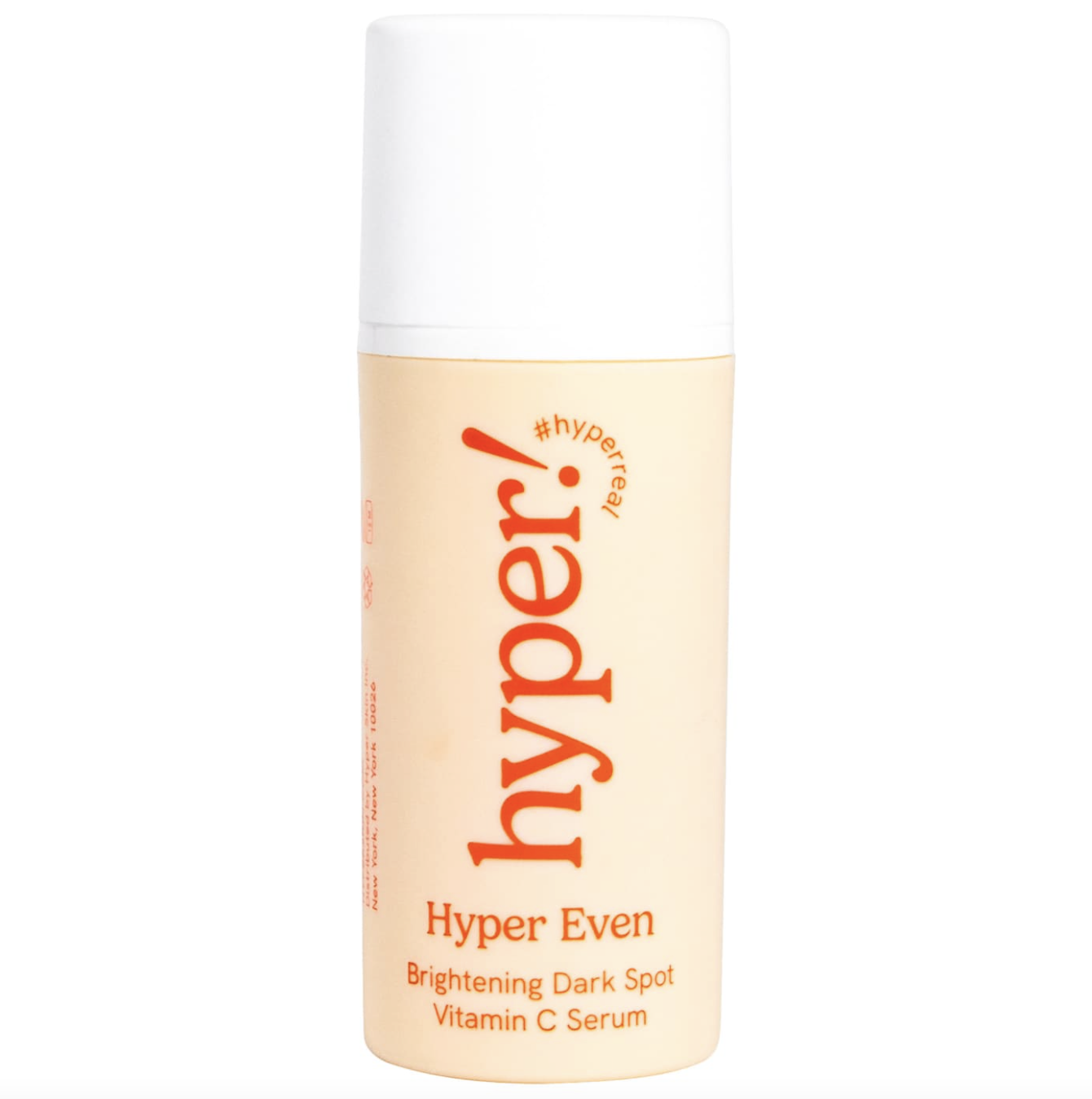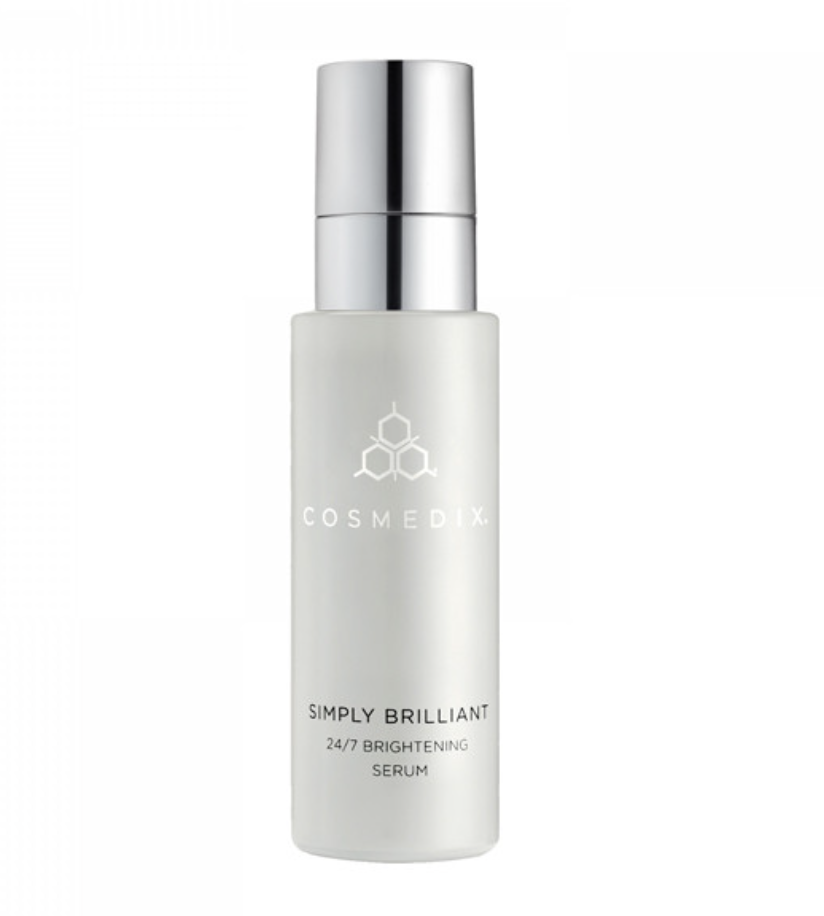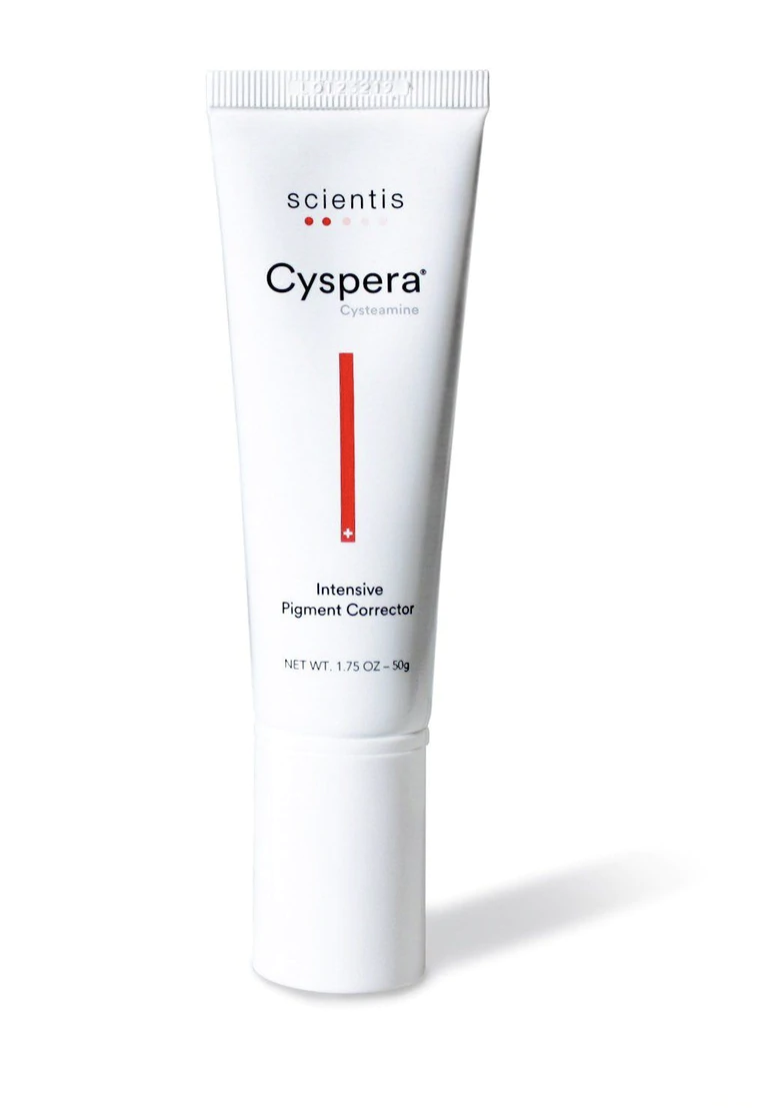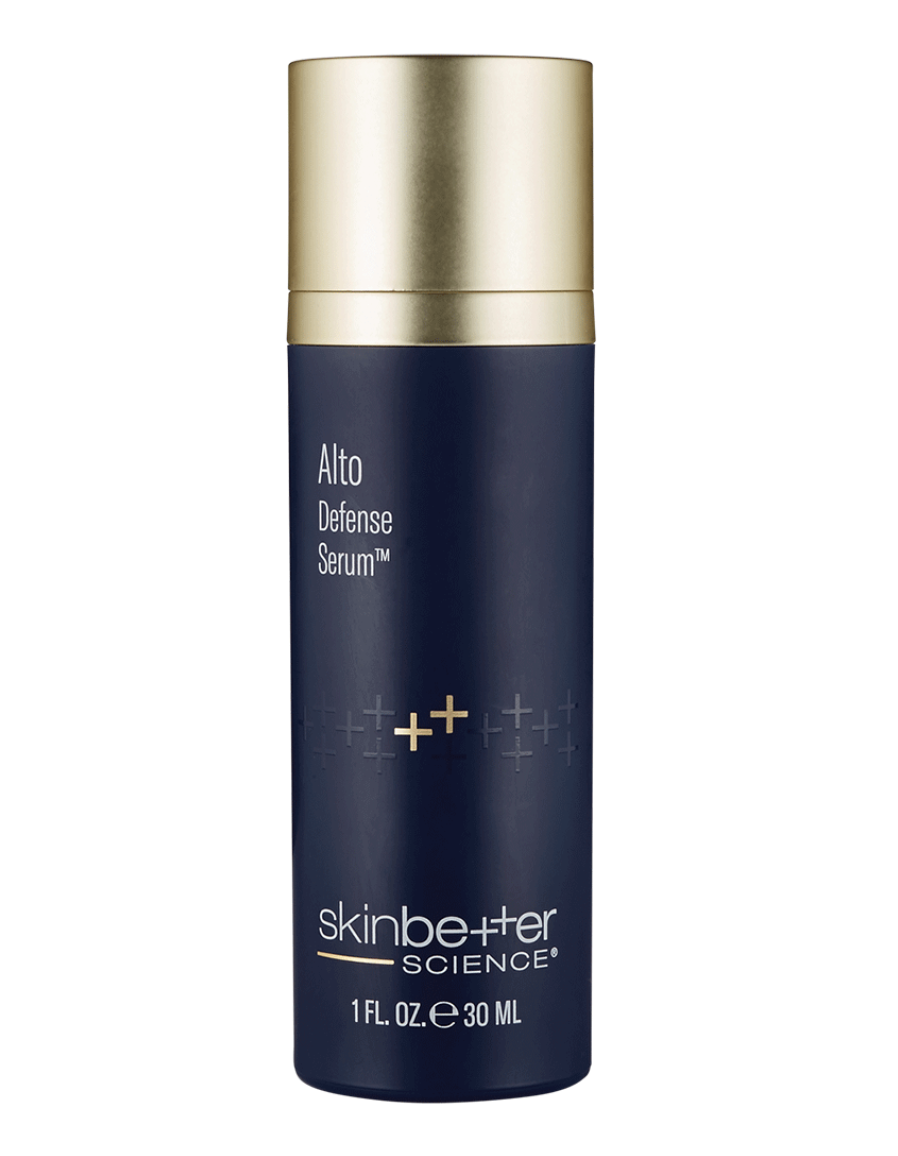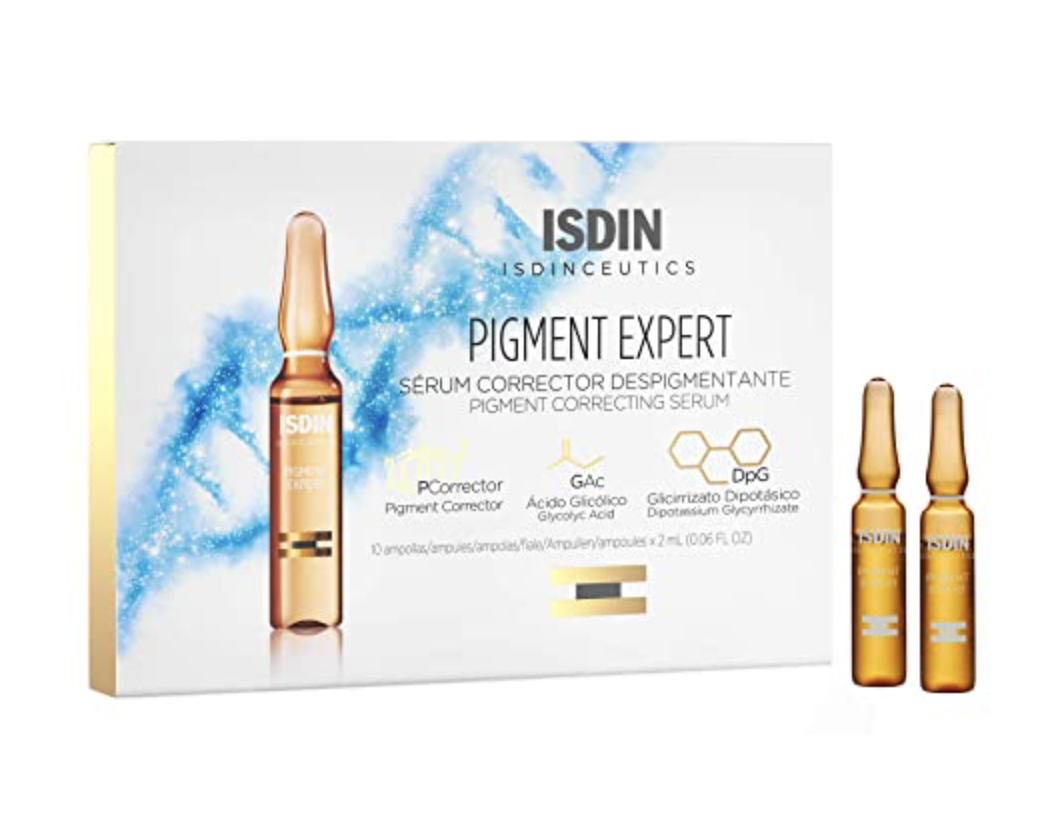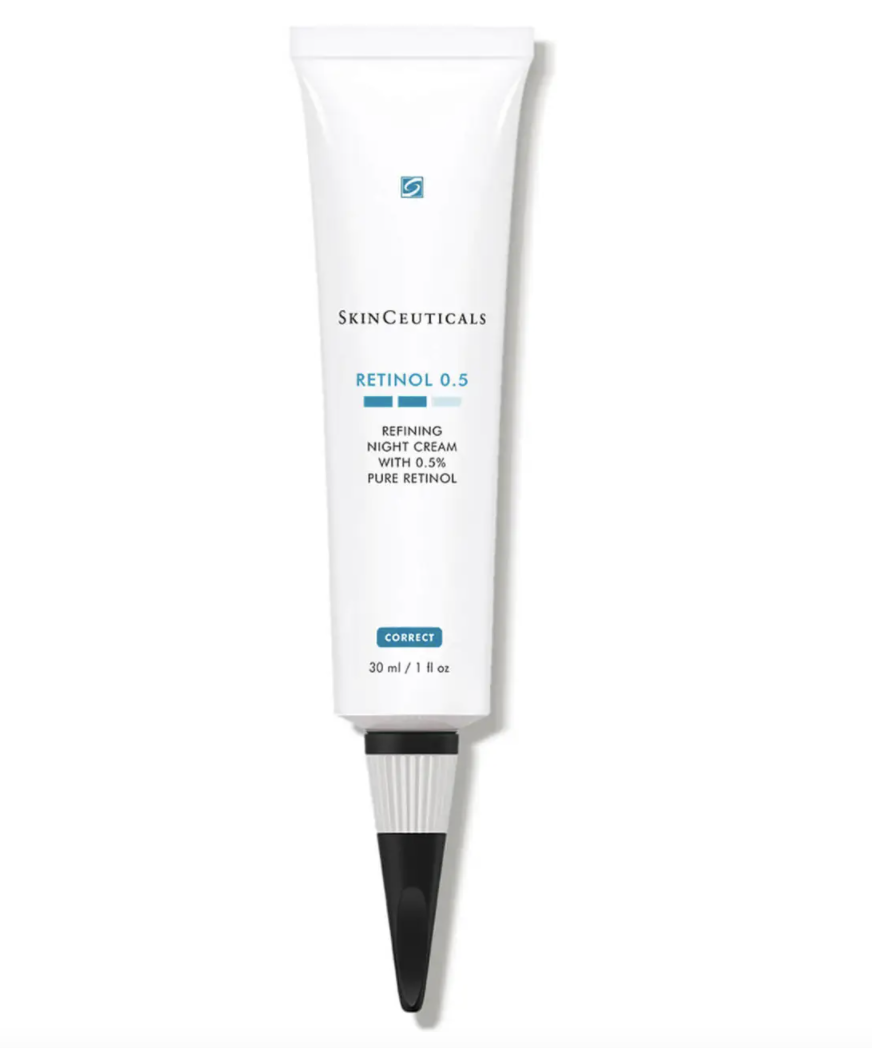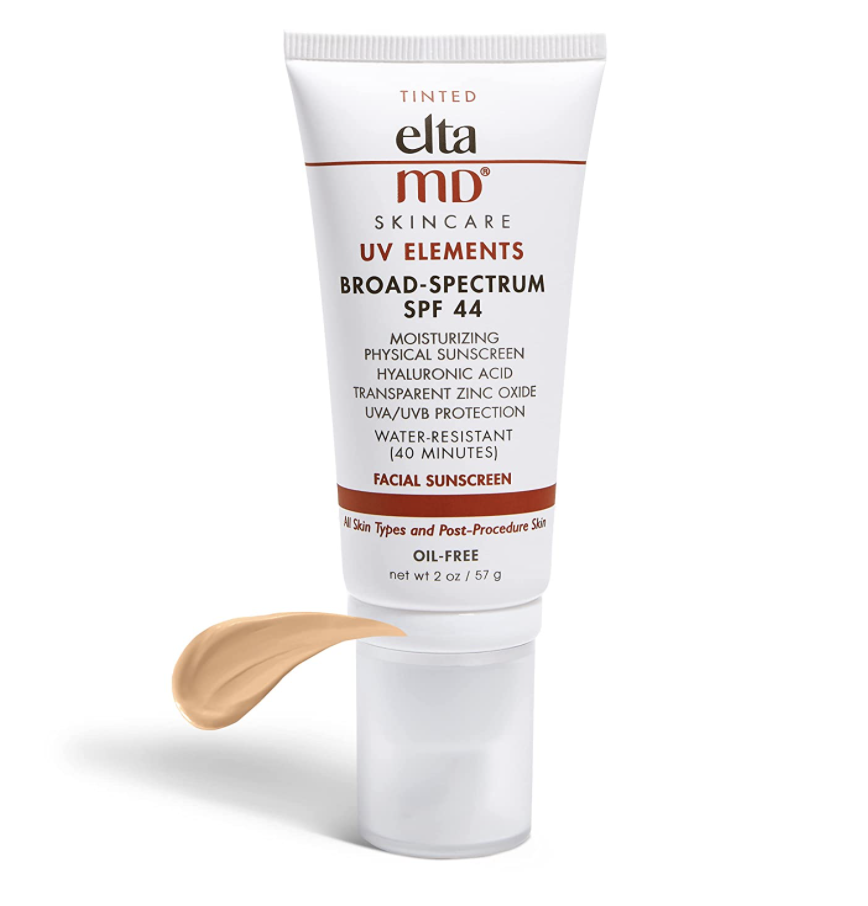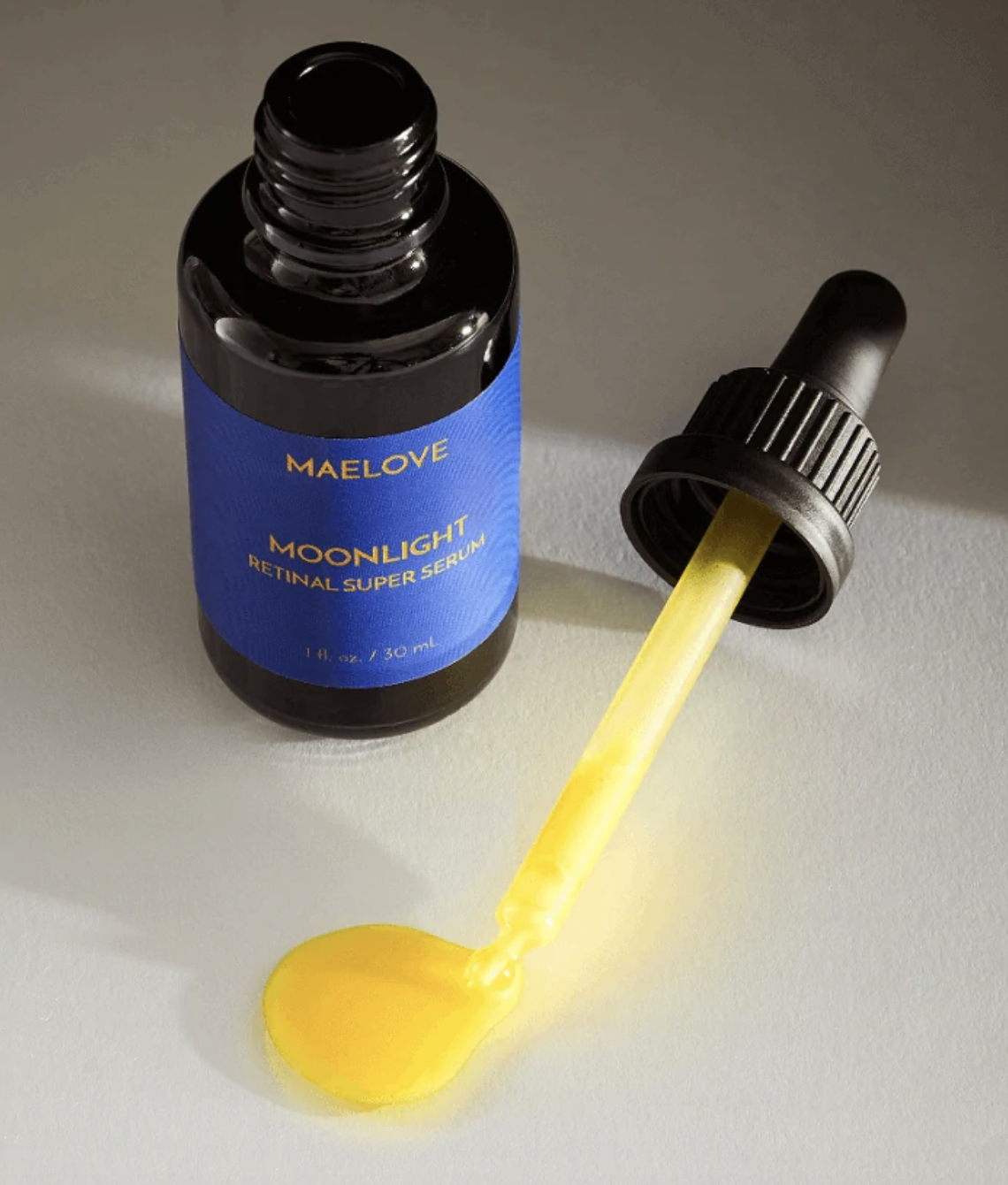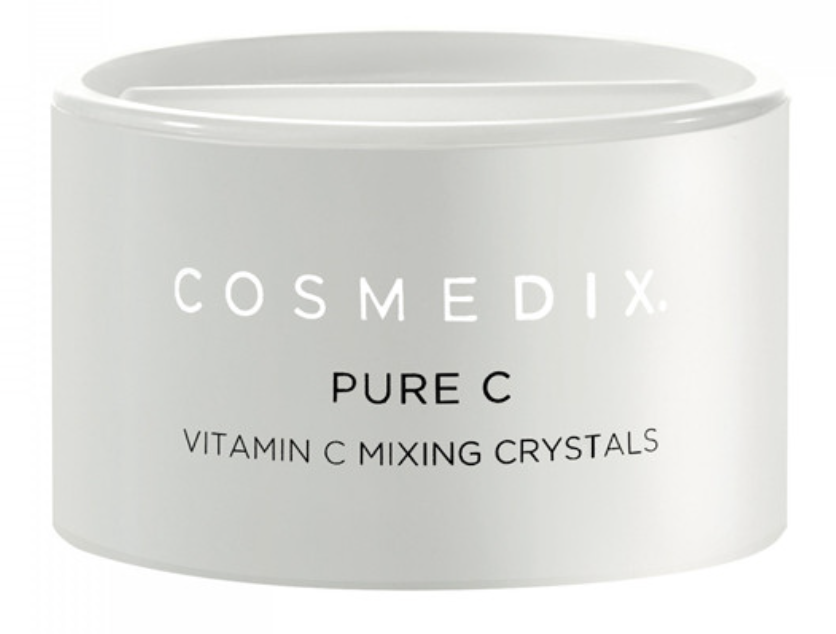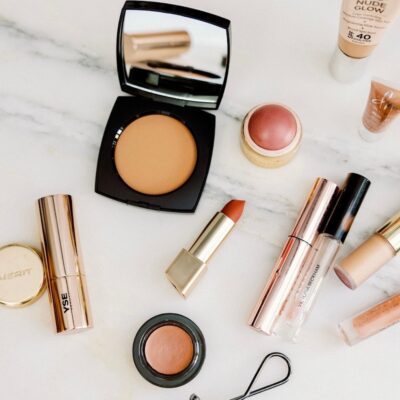Whether it’s sunspots or melasma, we can all agree that hyperpigmentation is absolutely annoying. I’d like to think that most of us have experienced some hyper-frustration over hyperpigmentation at some point in our lives. The upside? We’re in it together. Luckily, we live in a world where science and skincare go hand-in-hand. I tapped three skincare specialists—Dr. Nancy Samolitis, dermatologist with specialized training in cosmetic dermatology, Heather D. Rogers, dermatologist and founder of Doctor Rogers, and Kasey Boone, licensed esthetician and creator of Glow Skincare–for their expert recommendations on the best hyperpigmentation creams.
Before we get to the top products that help treat hyperpigmentation, let’s dive into a little hyperpigmentation 101. Below, our experts are breaking down exactly what hyperpigmentation is and tips to help you treat it.

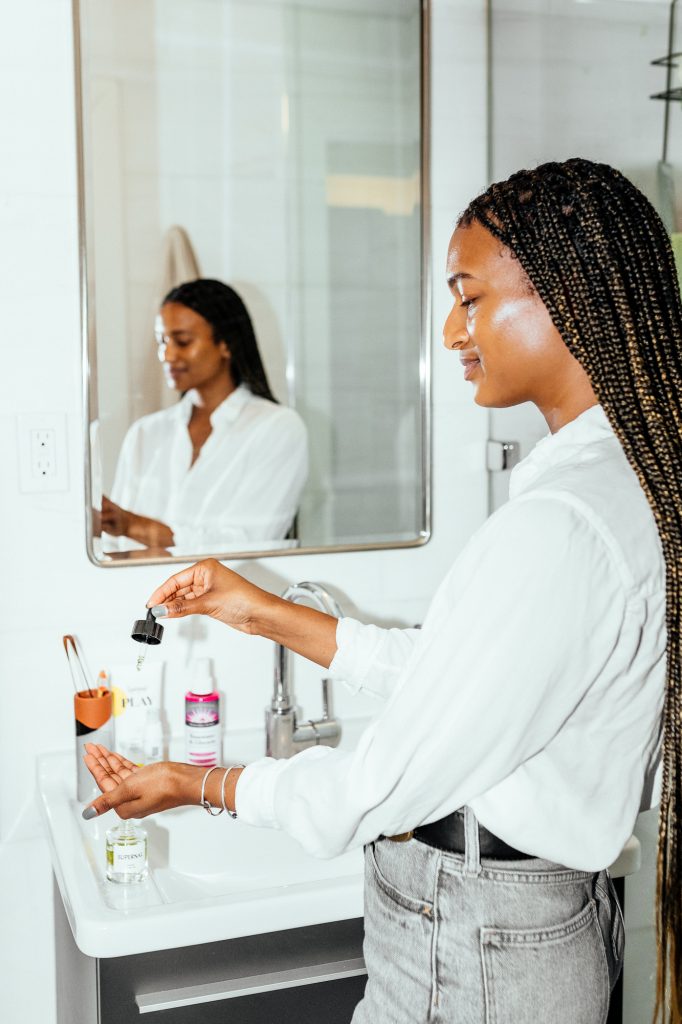
What is hyperpigmentation?
In short, hyperpigmentation is an area of the skin that appears darker as a result of overproduction of melanin. Dr. Samolitis breaks it down. “There are several different types of hyperpigmentation including lentigines (sunspots/freckles), melasma (irregular patches of pigment), and post-inflammatory hyperpigmentation (darkening of the skin in areas affected by acne, rashes, or trauma).”
What causes hyperpigmentation?
Hyperpigmentation can result from many conditions, but there are a couple of key causes. Dr. Rogers lists them off: “A combination of genetic predisposition, sun exposure, hormones, and skin inflammation from acne or an injury.” She also explains that it tends to peak in the summertime, as the sun stimulates our melanocytes, or pigment cells, which work to protect our cells from UV damage.

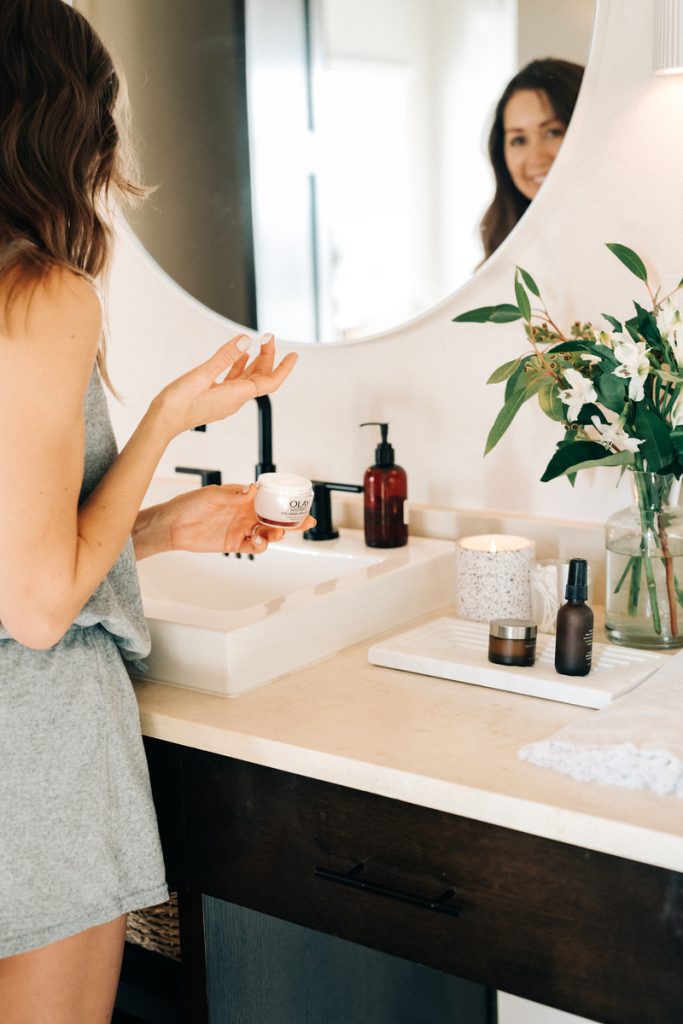
What kinds of treatments exist for hyperpigmentation?
Unfortunately, according to Dr. Rogers, hyperpigmentation is hard to treat and impossible to cure completely. But no need to stress: there are ways to make it better. Treatments for hyperpigmentation also vary in range of intensity–“from intense laser resurfacing, chemical peels, and brightening facials, to sunscreen and facial serums,” says Boone. Most treatments “include topical ingredients that slow down the production of melanin and speed up skin cell turnover to remove existing pigmented cells,” says Dr. Samolitis. She commonly uses peels and lasers in-office to “enhance skin exfoliation and optimize the skin’s ability to absorb the brightening products used at home.” Dr. Rogers warns that “you must be very gentle with the laser treatments because too much heat or energy can cause inflammation, leading to more pigmentation.”

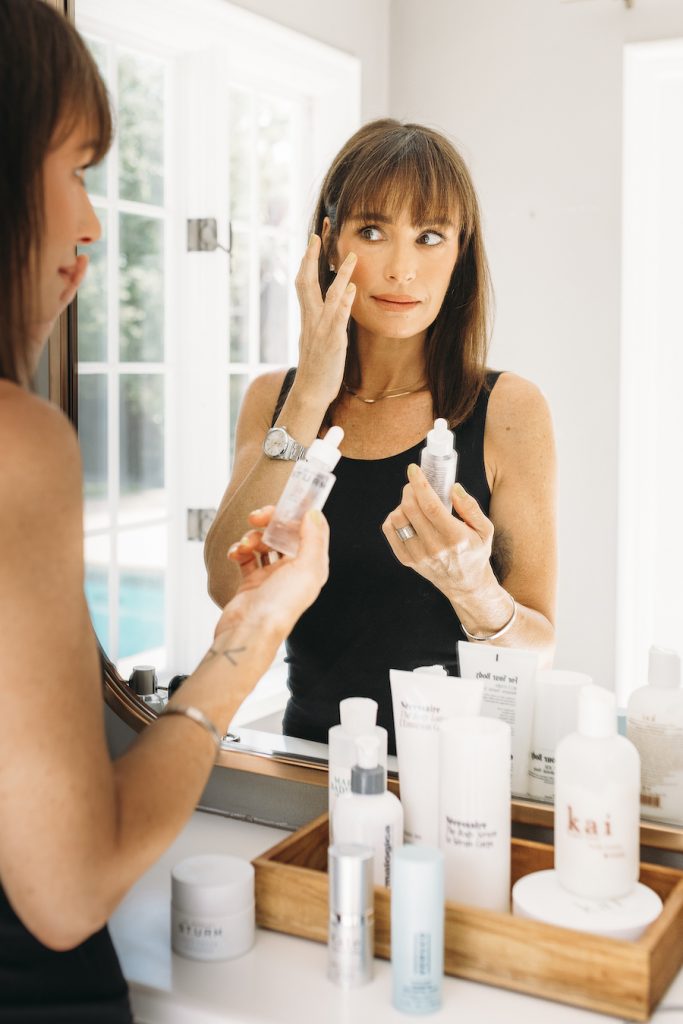
You can also treat hyperpigmentation by taking away the causes. Dr. Rogers notes that reducing sun exposure and managing hormones and inflammation can decrease future brown spots. Topicals such as Vitamin C, hydroquinone, retinoids, AHAs, BHAs can treat the existing spots.
As far as a skincare routine, Dr. Rogers suggests using a serum with Vitamin C “to protect your skin from free radicals created by the sun and pollution, while also lighting the brown pigments you have already made.” At night, she suggests using more potent serums (see below) to promote cell turnover and inhibit the formation of new pigments.


With those insights in mind, here are the best expert-backed hyperpigmentation creams money can buy.
10 Best Hyperpigmentation Creams, According to Experts
Dr. Samolitis can’t recommend this serum enough. “It contains a combination of potent brighteners that are also gentle and pregnancy safe. The combination of tranexamic acid, azelaic acid, and niacinamide are effective for reducing inflammation and treating both red and brown discoloration.”
HyperSkin Brightening Dark Spot Vitamin C Serum
Dr. Rogers recommends this “beautifully formulated, well-priced option containing 15% Vitamin C” for morning use.
This brightening serum “helps improve dull, discolored and uneven skin tone, as well as hyperpigmented and photodamaged skin. With ingredients like lactic acid, Whitonyl and Waltheria to visibly brighten the skin’s appearance and help prevent future discoloration,” says Boone.
Cyspera Intensive Pigment Corrector
“Cysteamine, the active ingredient in Cyspera, is a relatively new discovery in the treatment of hyperpigmentation,” notes Dr. Samolitis. “It has been shown in clinical studies to lighten excess pigmentation even in darker skin types. This product is available for purchase in dermatology offices.”
Another morning option recommended by Dr. Rogers, this serum “provides daily antioxidant protection and improves the appearance of uneven skin tone and redness.”
Dr. Samolitis calls out this serum’s key ingredients: “These highly concentrated serum ampoules contain a licorice-root extract, pigment correcting complex, and glycolic acid to smooth and brighten skin.”
Dr. Rogers suggests using this retinol in the evening to promote cell turnover while minimizing irritation.
“Sunblock is mandatory for the treatment and prevention of hyperpigmentation,” Dr. Samolitis recommends. “This one contains physical blockers zinc and titanium as well as iron oxide tint to provide additional protection against indirect sunlight and blue light from device screens.”
MAELOVE Moonlight Retinal Super Serum
“I also love this serum, which contains a fantastic blend of nourishing ingredients like niacinamide and squalane to keep irritation at bay,” says Dr. Rogers. She also recommends using this product in the evening.
Cosmedix PURE C | Vitamin C Mixing Crystals
“I love these Mixing Crystals. They are a dry, powdered form of pure Vitamin C that boosts the results of a serum, mask or moisturizer,” says Boone. “It is made with 100% L-Ascorbic Acid to help reduce the appearance of fine lines and immediately brighten the skin.”
Do you experience hyperpigmentation? Which products are you excited to incorporate in your routine?



